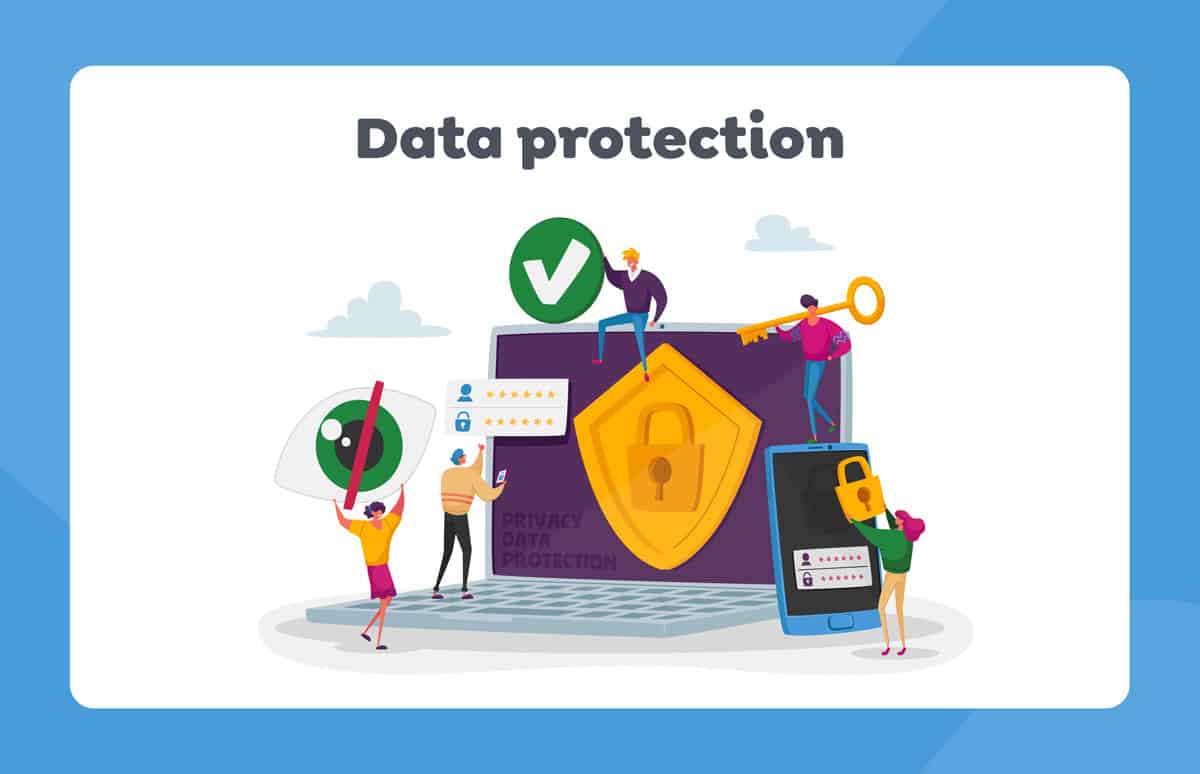Is your undivided attention worth the price of a movie ticket?
Is the convenience of a mobile app worth the information and behavior it tracks?
Technology is more reliant on data than it’s ever been. Whether it is gathered through surveys or automated tracking, data drives business and technology. If huge chunks of data can be sold, transferred, or applied to new situations, problems can be solved before they even start. Advances in software make complex technologies readily available to the general public and aid in the ease and amount of data gathered. Services that collect user information are now at a distinct marketplace advantage.
Researchers call this shift the “new data economy,” because data is no longer seen simply as statistics that shape business practices but as a kind of currency. Data monetization (a corporate buzzword indicating any measurable economic benefit from data analytics) is the driving force for those businesses who see their future success lying within facts and figures. But the benefits of data monetization vary from company to company. For some, using consumer data to hone services increases revenue and saves unnecessary expenses. For others, such as Facebook, economic benefit comes from selling data to advertisers and other third-party vendors.
We often think of ourselves as consumers of Facebook, Google, Instagram and other internet services. In reality, we are also their suppliers—or more accurately, their workers. When we post and label photos on Facebook or Instagram, use Google Maps while driving, chat in multiple languages on Skype or upload videos to YouTube, we are generating data about human behavior.” – Eric Posner, The Wall Street Journal
An interesting case study to demonstrate the idea of data as currency is MoviePass. Criticized for its seemingly unsustainable business model, the previous iteration of MoviePass offered subscribers one free movie ticket per day for a low monthly rate. The service seemed almost too good to be true from a customer standpoint; after processing fees the monthly payment was still less than a single standard movie theater ticket. How could MoviePass possibly make a profit?
Their secret lies in advertising. MoviePass used subscriber analytics to sell marketing plugs to film production companies. Their users were already headed to the theater, so why wouldn’t agencies want to push their specific production?
After the initial version of MoviePass went under, MoviePass 2.0 is even more blatant about their use of data as a currency. Users will opt-in to data sharing, information gathering, and experimental tracking in order to unlock credits and deals. Now, that’s not necessarily a bad thing. The transparency is refreshing, but with users so used to unconsciously sharing their data in exchange for a service, it still isn’t clear if this direct exchange will resonate—or if it will feel like a violation.
Risk vs. Reward
There’s little chance of stopping all data collection about you, unless you drop all technology, and even then there’s already plenty of data on you out in cyberspace. What’s important is being aware of what data is being collected and determining your own risk tolerance.
There is always a give and take between what the technology offers and the price of that reward. Yes, Google Maps is gathering data on where you are or go, but it also gets you to your destination. If you’re as directionally challenged as I am, the reward outweighs the risk. On the other hand, if a website wants your name, email, birthday, mother’s maiden name, and favorite color just to access a digital pamphlet or report, you need to ask yourself is the download really worth all that information?
We’ve written before on how sneaky “free” products can be in collecting your data and how important it is to read things like the terms of service and privacy policy before giving permissions to just any website or mobile app. This needs to be true anytime you click “accept terms of services.” Unfortunately, a 2017 study found that 91% of Americans don’t read the terms of services agreement before they commit to using a service.
Thanks to privacy legislation, such as the European Union’s General Data Protection Regulation (GDPR), websites and technology providers must explain in plain language what data is being collected and for what purposes. So, even if you can’t figure out all the terms of service, it’s good to find the privacy policy section to learn the true cost of the service or product you want.
Giving a little data up for a beneficial service or product may not be the worst thing in the world, but not knowing what data you’re giving away just might be. It’s up to you to be aware of the risks so you can determine the value of the reward.




